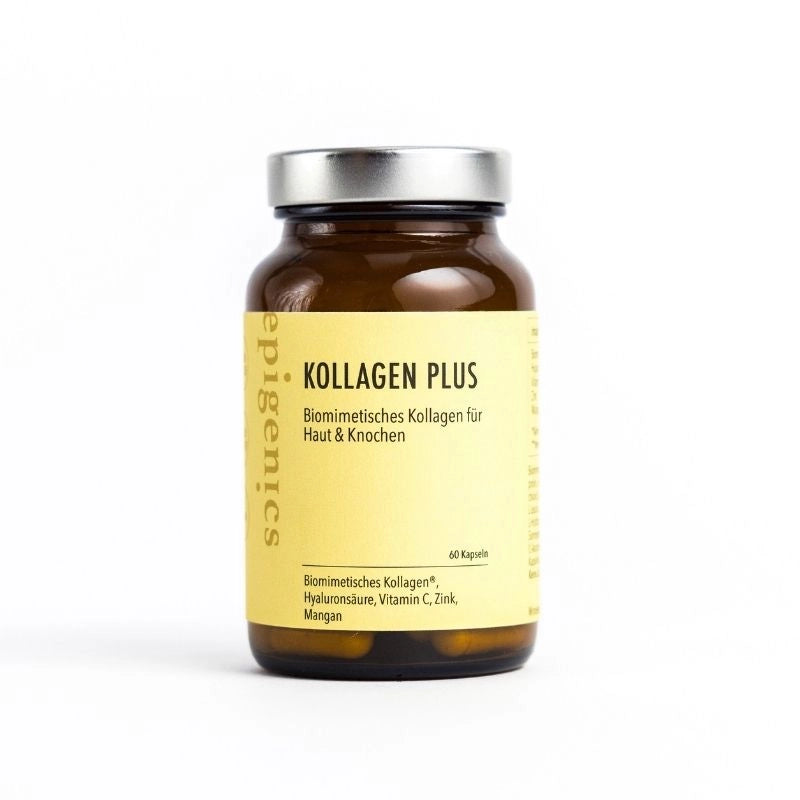Partnership

Why men with partners live longer: Positive impact of relationships on lifespan
The Harvard Medical School published a large survey of 127,545 American adults that found that married men live healthier lives than men who have never been married or whose marriages ended early. But what exactly is the trigger for this finding? Is marriage itself perhaps responsible for better health and longer life, or is it mainly because of how our lifestyle evolves when we are married? We get to the bottom of it.
Marriage vs. cohabitation: Impact on health and longevity
In fact, marriage seems to be at least partially responsible for a healthier and longer life. To be sure, it is sometimes argued that the results are due to self-selection . However, research shows that the opposite is true: unhealthy men actually marry earlier, divorce less often, and are more likely to remarry after divorce or death than healthy men. So the phenomenon cannot be attributed to self-selection.
But is it marriage or living with someone else that is more decisive? Although studies vary, the answer seems to be a little of both: People who live with a partner tend to fare better than those who live alone, but men who live with their wives have the best health of all.
The impact of marriage on cardiovascular disease, cancer and other aspects of health
Cardiovascular disease
Researchers from Japan found that unmarried men have three times the risk of dying from cardiovascular disease than married men. A report from the Framingham Offspring Study examined 3,682 adults over a 10-year period. Even after accounting for major cardiovascular risk factors such as age, body fat, smoking, blood pressure, diabetes, and cholesterol, married men had a 46% lower mortality rate than unmarried men.
Cancer
Marriage can greatly influence the course of cancer. For example, a study of 27,779 cancer cases found that unmarried people were more likely to have advanced disease at the time of diagnosis than married people. Unmarried patients were less likely to receive treatment than married patients. However, even among those who received cancer therapy, marriage was associated with better cure and life outcomes. Patients living in an intact marriage at the time of cancer diagnosis have better survival than patients who are separated or unmarried at the time of diagnosis.
Other diseases
Married men have a lower risk of depression and a higher likelihood of being satisfied with their retired lives than their unmarried peers. Being married has also been associated with better cognitive function, lower risk of Alzheimer's disease, and better blood sugar levels.
What accounts for the differences in life expectancy?
Our psyche
A Harvard study found that socially isolated men have an 82% higher risk of dying from heart disease than men who have strong interpersonal relationships. The New England Research Institute reported that 66% of men rely on their wives as their main social support; only 21% rely on others and 10% have no such support. Thus, without a wife, a man's risk of loneliness increases significantly.
Our behavior
Married men and women live on average two years longer than unmarried people. One reason for this longevity advantage is the influence of a spouse on healthy behaviors. Study after study shows that married people eat better and are less likely to smoke or drink excessively. All of these healthy behaviors explain why married people tend to live longer. However, men married to women have greater longevity benefits than women married to men.
Our biological responses
Relationship stress also triggers the production of cytokines. These are small proteins that set inflammatory processes in motion. Inflammation is a recently recognized risk factor for heart disease, and divorced men have higher levels of inflammatory markers than married men.
Conclusion
The presence of a partner can have a significant impact on men's longevity and overall well-being, allowing for longer and healthier lives.









